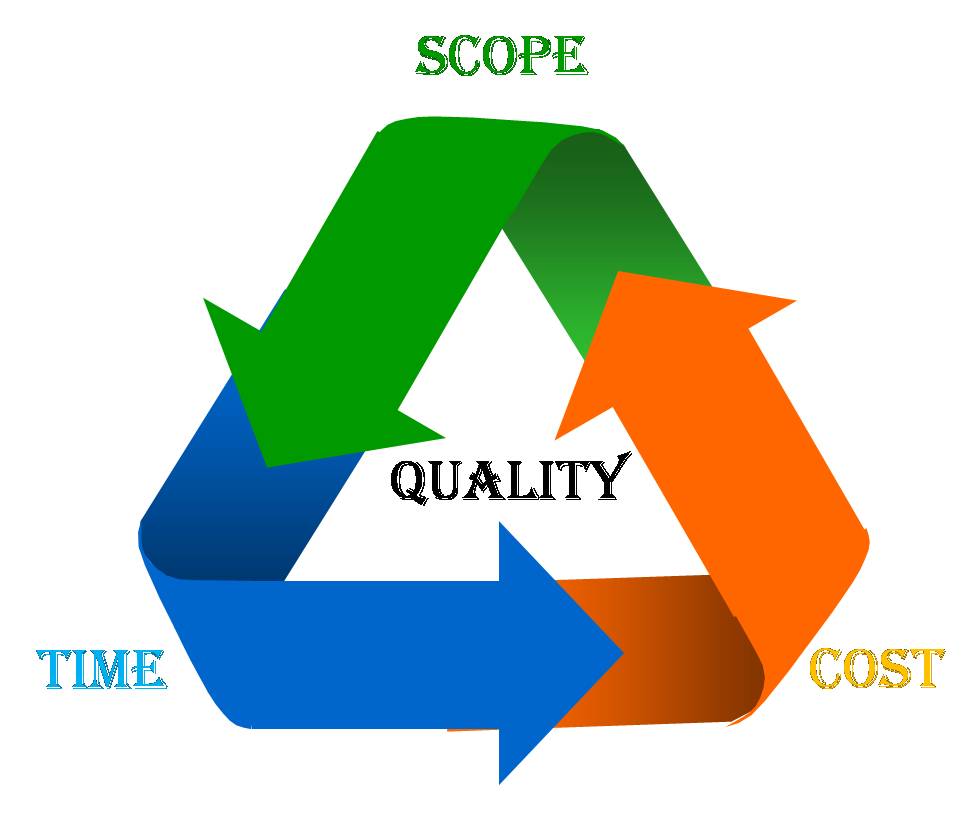Six Steps to Project Quality Management

Many people find quality management to be one of the more difficult project management processes to implement. This is because quality is hard to define, and formal quality management requires you to collect metrics to validate the state of quality. The following process will help create a framework for the quality management process.
1. Create a Quality Management Plan
Develop a Quality Management Plan to identify the major deliverables, completeness and correctness criteria, quality control activities and quality assurance activities. The Quality Management Plan also describes how you will ensure that the client’s quality requirements are achieved. It is the place to describe the processes and activities that will be put into place to ensure that quality deliverables are produced.
2. Determine the customer requirements for quality
Work with your customer to determine their requirements for quality. The high-level characteristics of quality can be uncovered during the project definition process. The detailed quality requirements should be uncovered when you gather business requirements.
3. Define a set of metrics to validate quality requirements are met
Identify a set of metrics that will provide insight into the quality of the deliverables. The project manager should already be capturing overall financial and duration metrics. The quality-related metrics need to be more sophisticated. There are two areas where you are trying to manage quality – in your project work processes and in the actual deliverables you are building. You should try to capture metrics that will measure each.
4. Execute quality control activities
Quality control refers to activities that validate the quality of your deliverables. It is also referred to as “inspection”. Ensure that the quality control activities for every deliverable are performed while the project is underway.
5. Execute quality assurance activities
Quality assurance refers to the processes used to build deliverables. It is also referred to as “prevention”. Having good processes should results in good quality deliverables.
6. Monitor and resolve deliverable quality
You need to validate the quality of your deliverables on an ongoing basis. When quality problems are found, implement a process to determine the cause and to make improvements in the process.
Using this process will help you understand, plan for and manage the state of quality on your project.

